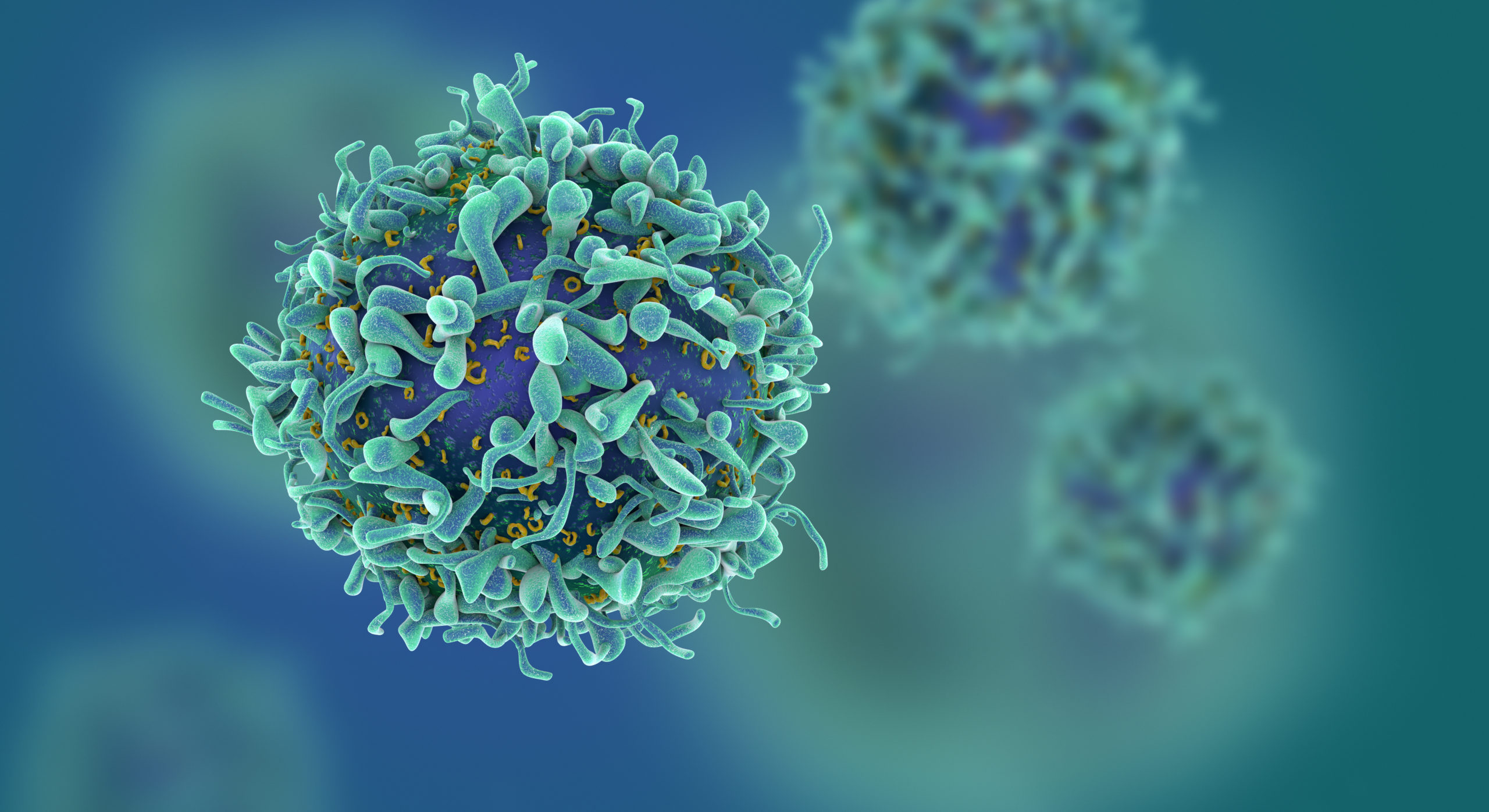Tag: Pharmacology
-

‘Inside Out’ Signaling Promotes Tumor Growth
An immune system kinase promotes tumor inflammation and progression, according to a study published in Nature Communications.
-

Anti-seizure Medication has a New Target
Designed to target AMPAR receptors in the brain, the medication — called perampanel — also modulates kainate receptors.
-

Dual Function Found for mRNA Modifier
An enzymatic modifier of messenger RNA has different functions depending on its location, according to a recent study.
-

Expanded Role for Calcium Channels in T-Cells
A subunit of voltage-gated calcium channels was found to have a functional role in T-cells, according to a study published in Nature Communications.
-

Higher Doses of Anti-Seizure Medications May Be Needed in Pregnancy
Higher doses of anti-seizure medications may be necessary during pregnancy, according to a recent study.
-

Potassium Channel Dysfunction in Genetic Epilepsy
Northwestern Medicine scientists discovered functional links between dozens of potassium channel gene variants and neonatal epilepsy.
-

Arrhythmia Genes More Common Than Previously Thought
Sequencing known cardiac arrythmia genes in more than 20,000 people without an indication for genetic testing identified pathogenic variants in nearly one percent of individuals.
-

Nano Bubbles Could Treat, Prevent Current and Future Strains Of SARS-Cov-2
A new study has identified naturally occurring nano-sized particles that can block infection from broad strains of SARS-CoV-2 virus in preclinical studies.
-

Genomic Variant May Predict Cardiotoxicity From Chemotherapy
A team of investigators have discovered a novel genomic variant that may help clinicians predict which patients will experience cardiotoxicity from a widely used chemotherapy drug, according to a Northwestern Medicine study.
-

New Genetic Mutations Linked to Neurodevelopmental Disease
Northwestern Medicine scientists have characterized several variants of the gene GRIK2 that cause nonsyndromic neurodevelopmental disorder.






